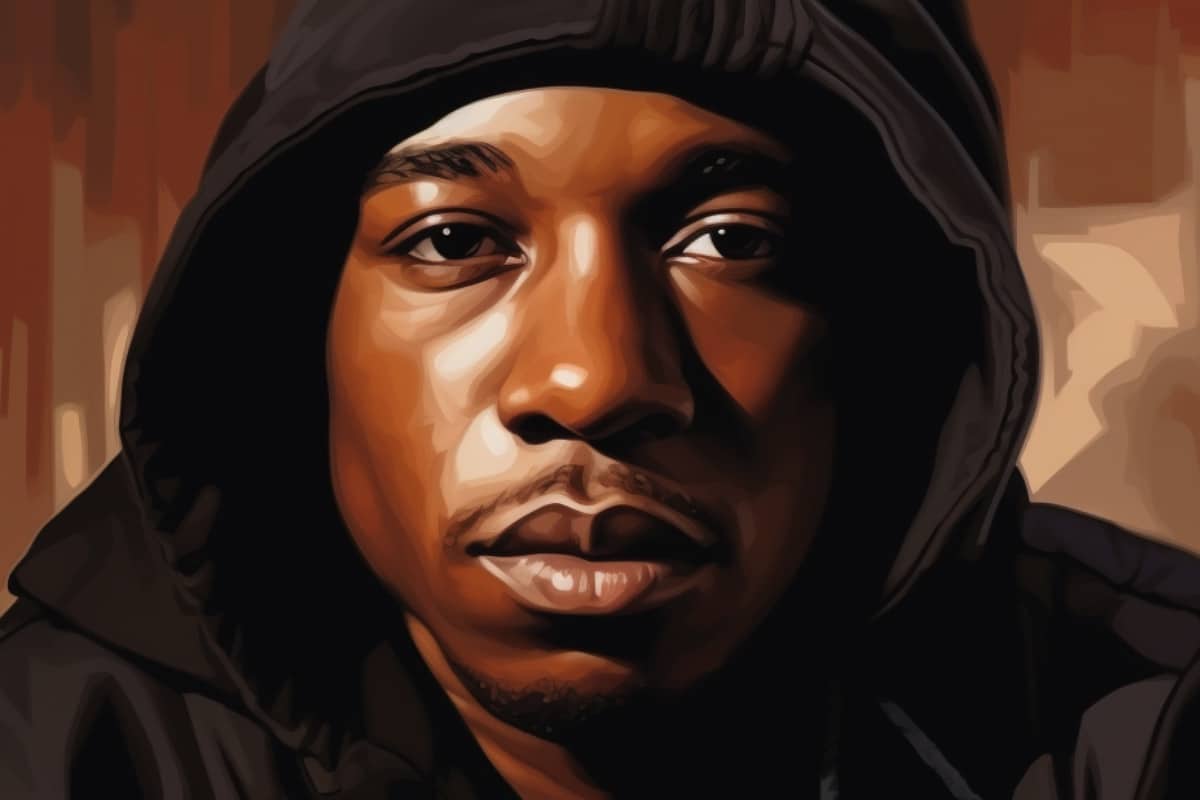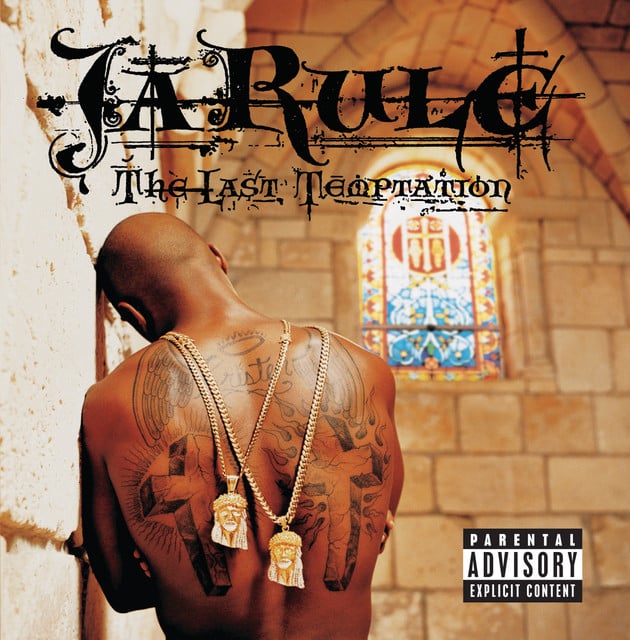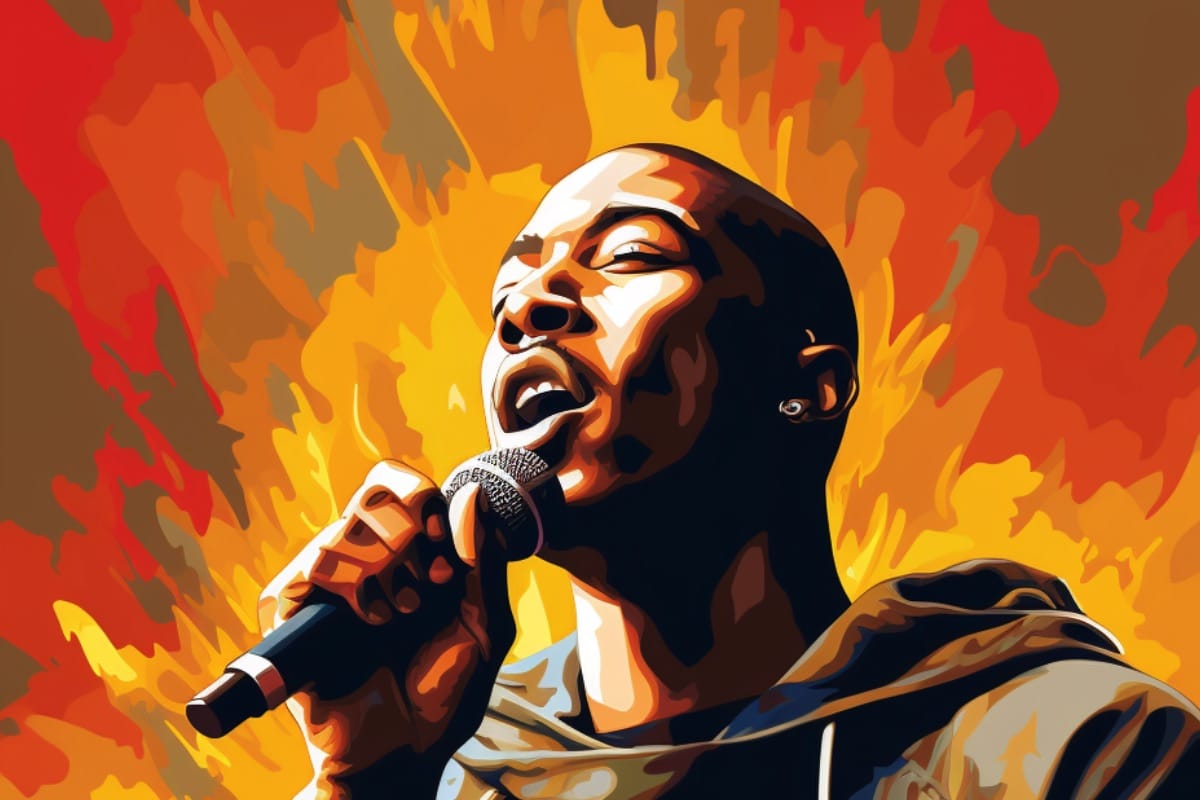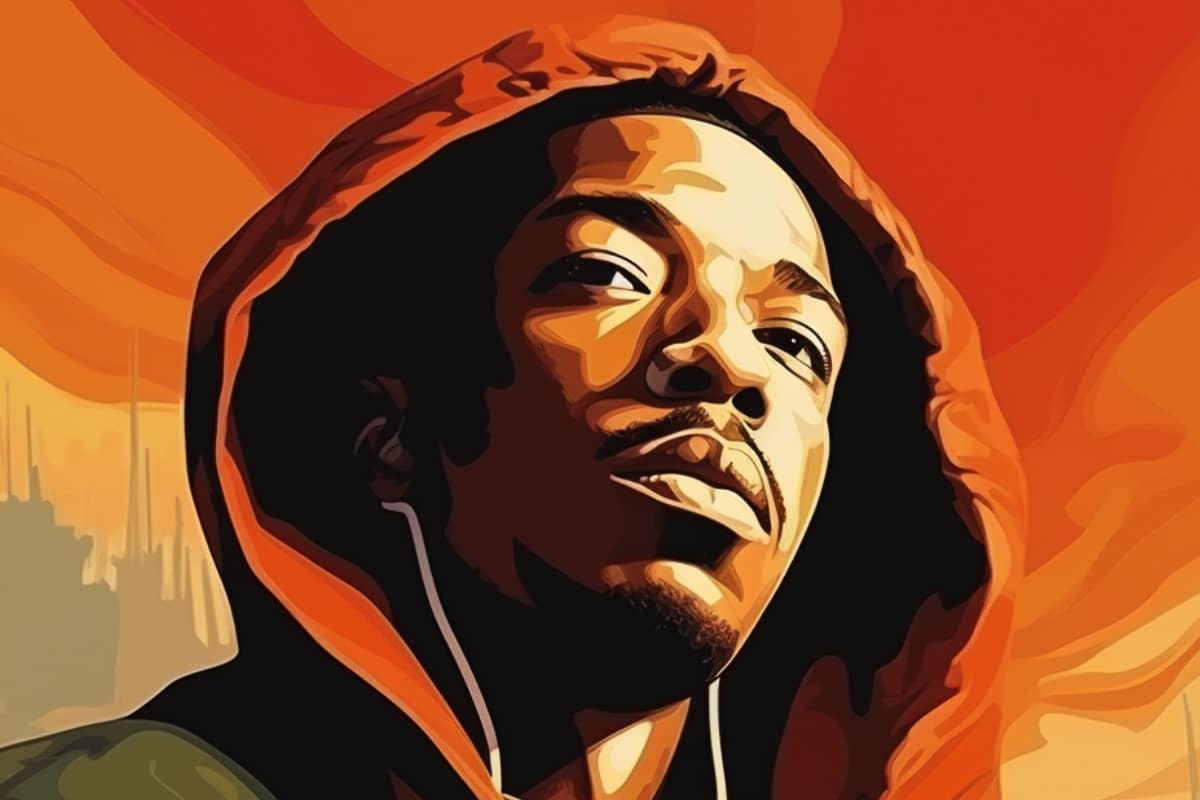Released: 2003
Ain’t no holdin’ back with “Clap Back” by Ja Rule, a call-and-response anthem that’s all about confrontation, retaliation, and standin’ one’s ground. Released in 2003 during one of the most intense beefs in hip-hop history, Ja Rule used this track to stake his claim and make his grievances known. In his lyrics, he paints a picture of the harsh realities of street life, while also taking shots at his rivals.
The hook of “Clap Back” is a declaration of intent. Ja Rule makes it clear that he’s not one to be trifled with, and that any disrespect will be met with a swift response, or a “clap back.” This term comes from the streets, and it refers to the retaliatory violence that often occurs in gang-dominated neighborhoods. But here, Ja Rule uses it in a metaphorical sense, suggesting a verbal or lyrical retaliation rather than a physical one.
The first verse sees Ja Rule staking his claim as a gangsta rapper, mentioning his affiliation with Murda Inc. — a record label notorious for its associations with street gangs. He paints himself as a formidable figure in the hip-hop scene, someone who’s respected and feared, while also shouting out various New York boroughs and presenting himself as a representative of New York’s intricate web of street culture.
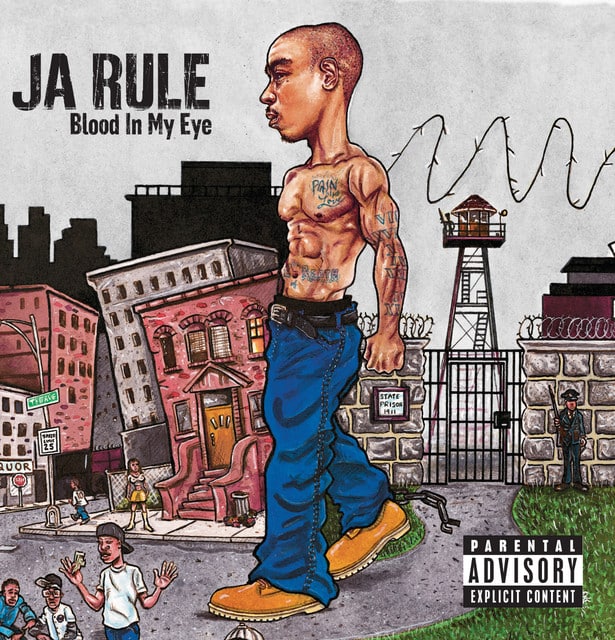
In between, the chorus persists, relentless like a drumbeat, driving home the message: ‘We gon’ clap back.’ It’s a verbal gauntlet thrown, a clear signal to his rivals that he’s not backing down and is ready to ‘take ’em to war’.
The second verse dives into the gritty details of street life, with references to money, luxury, violence, and retribution. Ja makes a nod to the “In Da Club” line, a clear swipe at 50 Cent who was, at that time, his main adversary. This is Ja Rule standing his ground, asserting his dominance, and sending a clear warning to any who’d seek to challenge him.
His lines ‘What’s your procedure with a gun in your face? / When you got one in your waist, let’s cock back nigga air out the space!’ reflects the hardened, fearless stance expected of those living the gangsta lifestyle. It’s a stark commentary on the life-or-death situations that individuals in these high-stress environments often face.
Verse three sees Ja Rule moving beyond his hood reputation and asserting his prowess with women. He casually references Notorious B.I.G’s “One More Chance,” a shout-out that cements his place within hip-hop’s lineage. He’s not just a player in the game- he’s a student of it too. Ja Rule’s braggadocious verse brings to mind the quintessential image of a successful rapper- a potent blend of wealth, street credibility, and charisma.
In the fourth verse, Ja Rule gets intensely personal, likening his predicaments to the conflict between Bush and Saddam, a nod to the then-recent Iraq War. His dauntless spirit shines through here, as he makes it clear he plans to fight his battles head-on and come out on top. The verse also humorously pokes at Christianity and continues to assert his alpha dominance, painting a complex picture of his character.
By the end of the song, Ja Rule reiterates his alliance with his ‘niggas’, calling out to ‘his Boston niggas, Brooklyn niggas’, showing his allegiance and camaraderie. His sign-off, with a nonchalant ‘holla at me man’ is a classic mic drop, leaving no doubts about his confidence and boldness.
Overall, “Clap Back” is an audacious track, one that speaks to the combative nature of hip-hop and the complexities of street culture. It’s a testament to Ja Rule’s assertiveness as an artist and a chronicler of street life. While it captures a specific moment in hip-hop history, its themes of how one responds to adversity are universal. It’s a raw, unfiltered look into the mind of an artist ready to “clap back” in the face of opposition.
